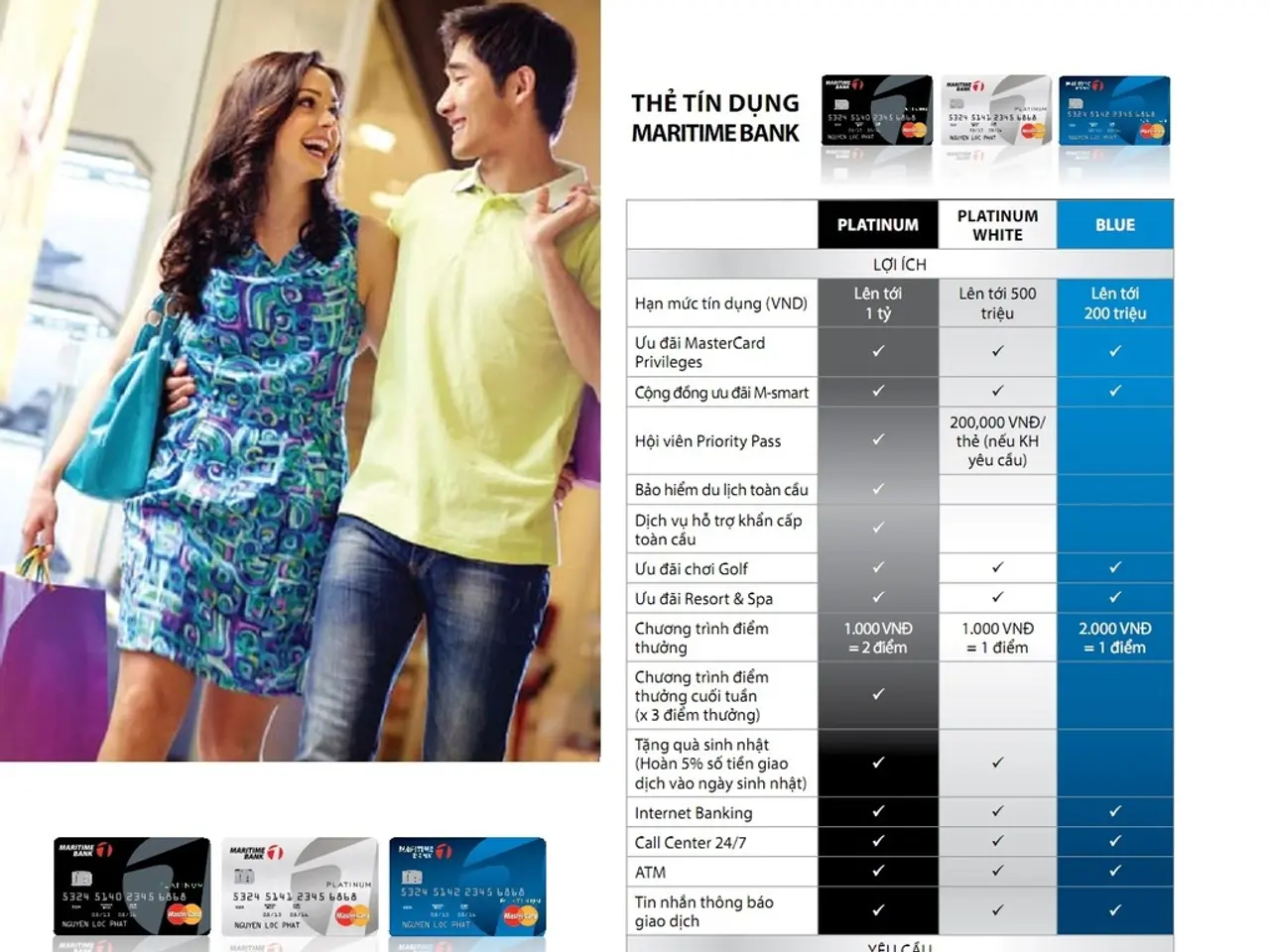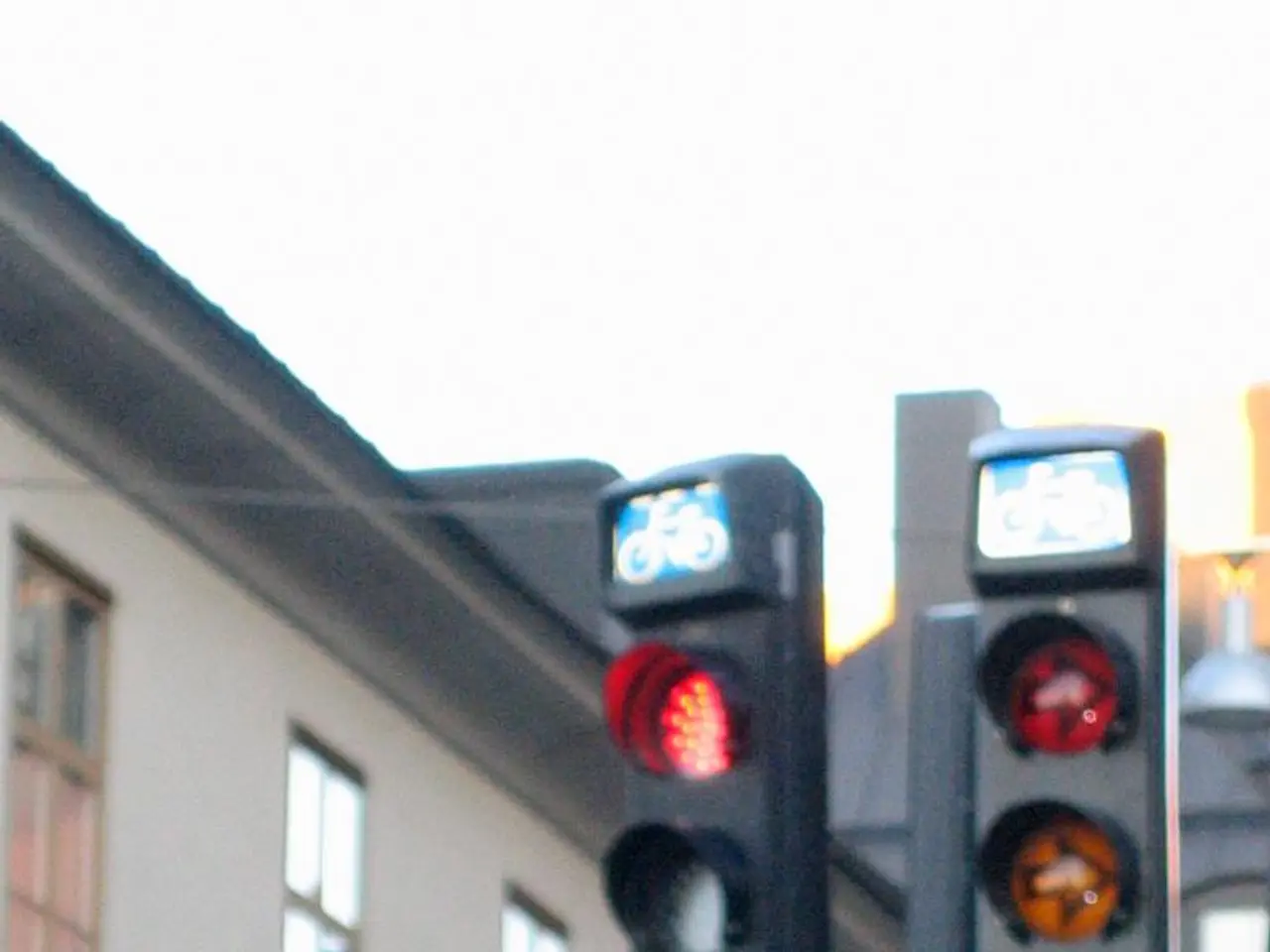Unveiling the Unseen Risk of Deceptive Airbag Replicas
In the automotive world, counterfeit airbags pose a significant threat to vehicle safety. These fake airbags, often made with inferior materials and faulty manufacturing techniques, can fail to deploy during collisions or deploy improperly, increasing the risk of injury or death for drivers and passengers [2][3][4].
Counterfeit airbags present several specific risks and impacts. For instance, they may fail to deploy correctly, leaving occupants vulnerable in accidents [2]. The use of substandard materials degrades the airbag's reliability and durability, leading to malfunction [2]. Improper deployment or non-deployment can lead to severe injuries in crashes that genuine airbags are designed to mitigate [3].
Moreover, fake airbags lack manufacturer warranties, meaning consumers face financial loss if they fail or cause damage [2]. Some unscrupulous auto repair shops may install used or stolen airbags while charging for new ones, further endangering vehicle safety and causing additional financial harm to consumers [3].
To protect themselves from counterfeit airbags and their risks, consumers can take several precautions. Firstly, always purchase airbags and other safety components directly from vehicle manufacturers or authorized dealers to ensure authenticity and quality [2]. Secondly, verify parts during repairs by asking repair shops to show the replaced airbags and provide proof that new parts are genuine [3].
Thirdly, choose reputable repair providers. Seek out certified auto repair shops with positive reviews, certifications (like ASE or AAA approval), and clear pricing policies. Avoid high-pressure sales tactics and unsolicited repair offers [3]. Fourthly, participate in recalls. Stay informed about vehicle recalls related to airbag defects and promptly take your vehicle for free inspections and repairs [1].
Fifthly, be wary of DIY social media influence. Counterfeit parts sales have increased partly due to social media-driven DIY repairs. Avoid sourcing airbags or safety-critical components from informal channels or unverified sellers online [4][5].
Sixthly, get multiple repair quotes for major repairs involving airbags. Obtain estimates from several shops to compare prices and services, reducing the risk of falling victim to fraud or counterfeit parts [3].
Honda has been at the forefront of initiatives to curb the sale and distribution of counterfeit airbags for nearly a decade. The Automotive Anti-Counterfeiting Council (A2C2), an industry-wide coalition dedicated to identifying and dismantling counterfeit operations, has been active for nearly a decade.
A2C2, in partnership with the National Intellectual Property Rights Coordination Center, has launched a public awareness campaign to educate drivers about the risks of counterfeit parts and the importance of choosing reputable repair shops. The council has provided expert testimony in court, assisted in raids targeting counterfeit suppliers, and trained law enforcement officers to recognize and intercept fraudulent parts.
Legislation banning the sale of counterfeit airbags has been passed in 38 states, but 12 states still lack such protections. Counterfeit airbags can slip into the market unnoticed, especially during times of need for affordable repairs. Cars crossing state lines every day means that the work to prevent counterfeit airbags from reaching the market is far from over.
The National Highway Traffic Safety Administration (NHTSA) has documented instances where counterfeit airbags have endangered occupants, sometimes with fatal consequences. In the first half of 2024, at least five fatalities or serious injuries were linked to counterfeit airbags.
By following these precautions, consumers can reduce the likelihood of unknowingly installing counterfeit airbags, thereby protecting themselves and their passengers from serious safety hazards. The outcome of a future crash could be drastically different if airbags are replaced with counterfeit ones, potentially affecting not just the current owner but future owners as well. Safety should always be prioritized over cost.
- In the realm of finance, a malfunctioning or fake airbag can lead to significant financial losses for consumers due to the lack of manufacturer warranties [2].
- The transportation industry, particularly crime and justice, may be adversely impacted as unscrupulous auto repair shops install used or stolen airbags while charging for new ones, leading to additional financial harm and increased risks for consumers [3].
- General news outlets have reported cases where counterfeit airbags have endangered occupants, sometimes resulting in fatalities or serious injuries [1].




